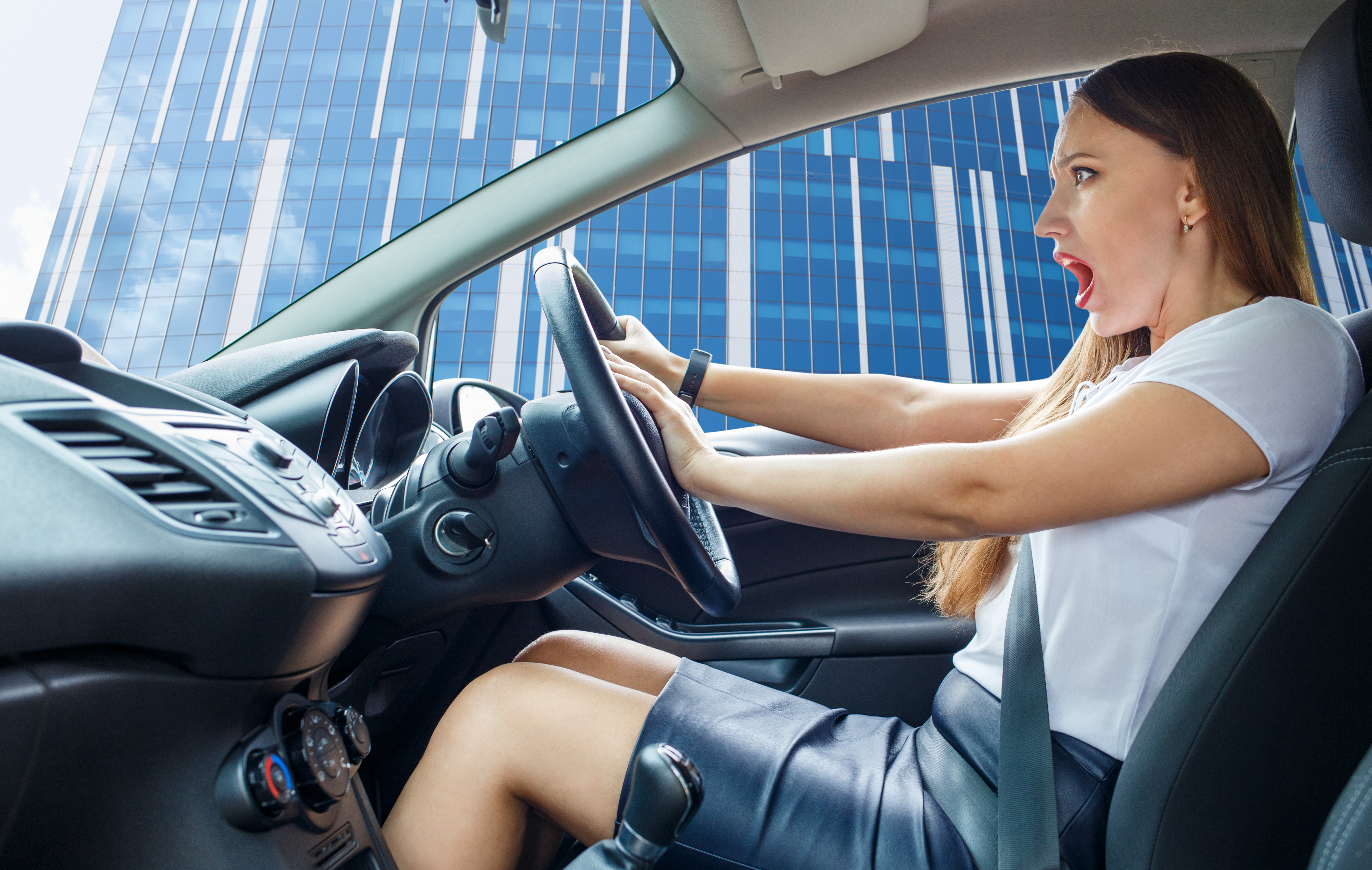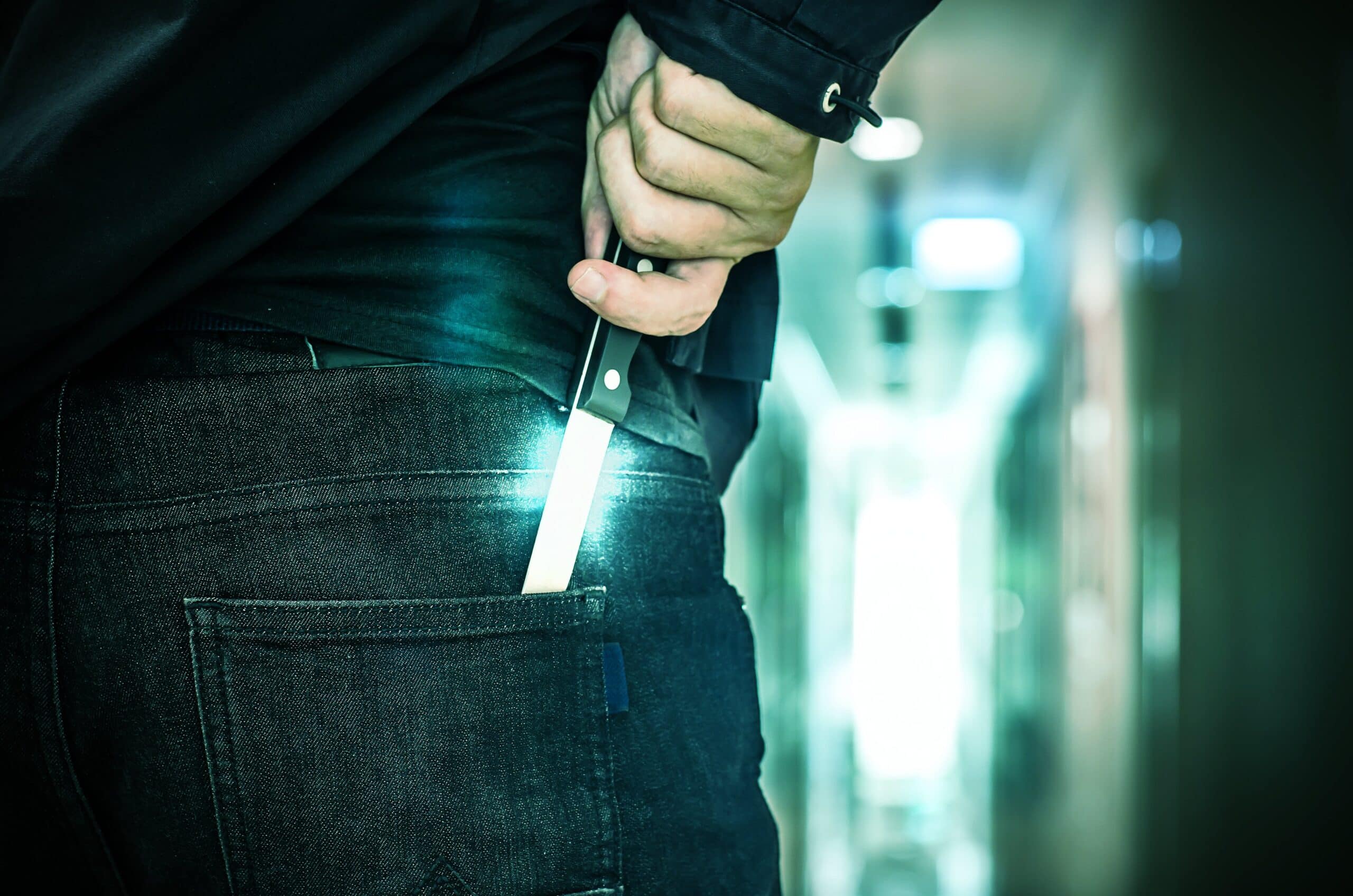Share This Article
By Sahar Adatia and Jimmy Singh.
It’s official – our nanny state has gone nuts!
From the lockout laws, to live music venues being suffocated by Sydney’s irrational and frivolous noise restrictions, now comes yet another outlandish rule taking regulation perhaps a little too far.
This one’s got to do with tooting your car horn.
It turns out that honking goodbye to your family as your drive off after dinner or beeping at the car that just cut you off in peak hour traffic is actually illegal.
Put simply, according to the law, there are only certain situations in which you should be using your car horn, and should you get caught beeping otherwise, you risk getting slammed with a fine.
Yes, you read that correctly.
Don’t believe it?
Last year, 52 drivers in Queensland alone were fined for improperly honking their horn.
Here’s What You Need to Know About Tooting Your Horn on Australian Roads
Car horns are designed for the purpose of alerting other road users in the case of emergencies and animals on the road to your presence.
As such, by law, there are only three reasons in general why you should be using your vehicle’s horn, or a similar warning device. These include:
- To warn other drivers that your vehicle is approaching – for example, to alert someone that you’re overtaking; when there’s a chance of an accident; or when someone is blocking your way
- To try to warn animals to move off the road
- As part of an anti-theft or alcohol interlock device
When you honk your horn, it must be remembered that this is the driving equivalent of yelling at someone. Consequently, there are only certain situations when you can use or horn.
In every state and territory in Australia, both the police and courts are harsh on using your horn appropriately.
When it is Illegal to Toot Your Car Horn
It’s easy to get frustrated when driving on Australian roads. On the best of days, the congestion is terrible, and all too often, road users who are provoked aren’t afraid to lash out in a fit of road rage.
But this doesn’t mean you can use your car horn improperly.
For example, many motorists will have been in a situation where they are at a set of traffic lights that have turned green but the car in front is idly sitting there.
While it may be tempting to toot your horn to inform the driver that the lights have changed, this is actually illegal and could see you being penalised.
Other situations where it is illegal to use your car horn include:
- Beeping aggressively at drivers that have annoyed you
- A friendly honk waving goodbye to someone or to a passing friend in a vehicle nearby
- Beeping at pedestrians or cyclists when there is no risk of colliding with them
Each of these situations comprise an instance of road rage and thus run the risk of you sounding your horn being interpreted as an emergency.
The issue is that road rage is quite a problem, as driving in an angry state can risk your chance of a crash by up to 10 times.
The Law and Penalties on Using Horns and Similar Warning Devices in NSW
In NSW, the law on using horns and similar warning devices is outlined in rule 224 Road Rules 2014 (NSW).
Any who is guilty of breaching this road rule will face a fine of $352 that police can issue on the spot. Court attendance is not required if you receive this fine.
This offence doesn’t carry demerit points.
This rule prohibits a motorist from using a horn or allowing a horn to be used (or similar warning device) if it’s fitted to or inside the driver’s vehicle.
However, the vehicle horn (or warning device) can only be used if:
- It’s necessary to use it to warn other road users or animals of the approach or position of the vehicle; or
- It’s being used as part of an anti-theft device, or an interlock device, fitted to the vehicle.
While breaching this rule attracts a penalty notice or on-the-spot fine, if you wish to dispute the allegation or simply wish to avoid the fine you can court-elect the penalty.
If you court-elect the penalty, you will be required to appear before a Local Court Magistrate in court to either enter a plea of guilty or not guilty to the alleged traffic infringement.
An advantage of court-electing includes, the Magistrate’s discretion to order a non-conviction sentence if you plead guilty or are found guilty for the offence. A non-conviction includes a section 10(1)(a) dismissal or Conditional Release Order without conviction, which results in no fine or conviction against you.
The disadvantage of court-electing includes, the Magistrate’s discretion to not order a non-conviction, and instead impose a maximum penalty of up to $2,200 fine- far in excess of the on-the-spot fine of $352.
While the maximum penalty in court is possible, it is in fact rarely every imposed.
It is often not worth paying a lawyer to represent you in court for an infringement of this nature where there is no risk of losing your driver licence. In such circumstances, people often represent themselves in court.
When representing yourself in court, it is important to prepare an apology letter for court and compelling character reference letters for court in traffic offences.
Click here for an outline on how to represent yourself in court for traffic offences.
An alcohol interlock device – or breath alcohol ignition interlock device – is a breathalyser for a person’s vehicle that requires the driver to blow into a mouthpiece on the device before beginning to operate the vehicle. It is used as part of the Alcohol Interlock Program, which is a court-ordered requirement for certain types of drink-driving offenders, designed to tackle drink driving in NSW.
How to Ensure You Use Your Car Horn Legally on the Roads
While it may be tempting to use your car horn in instances where you are simply frustrated, to be on the safe side, it is best to leave using it to emergency situations.
The key to using your horn legally is to keep your temper in check when driving.
Road rage is one of the main reasons why people use their horns in an improper way, and this kind of behaviour is a hazard in itself.
Staying off your horn, unless you really need to use it, allows you to keep your cool and in turn, prevents other road users from becoming angered too.









